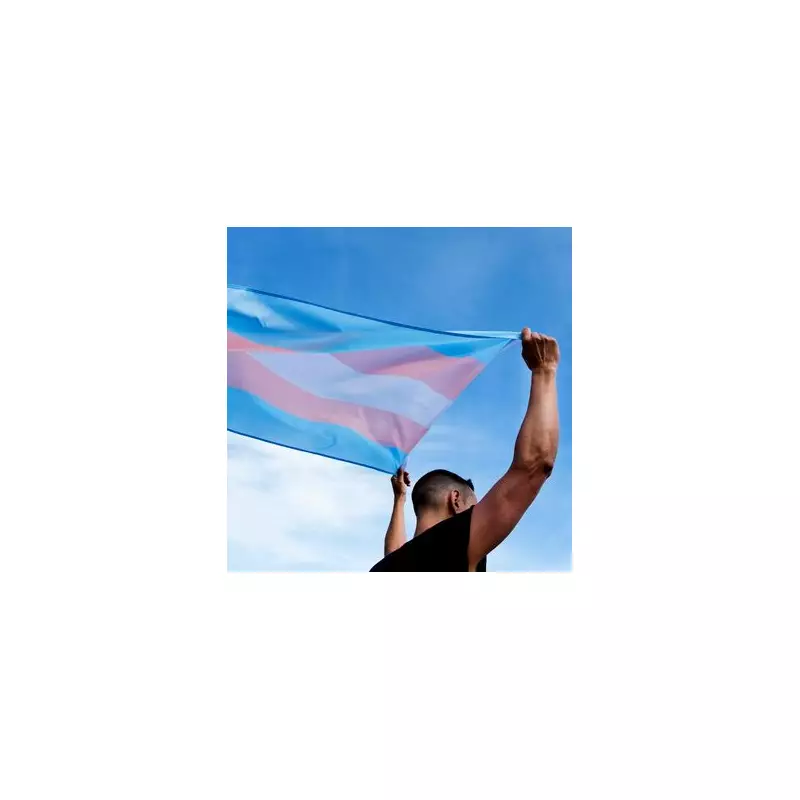
The fundamental rights of transgender people are being treated as a political football rather than a matter of human dignity, according to columnist Aimee Walsh. This comes as Bridget Phillipson, the Minister for Women and Equalities, examines new guidance from the Equality and Human Rights Commission (EHRC) concerning access to single-sex spaces.
The Core of the Controversy
On 19 November, The Times reported that the EHRC had submitted guidance suggesting that transgender individuals could potentially be excluded from single-sex spaces based on their physical appearance. This development has ignited a fierce debate about the practical application of equality law and the moral principles underpinning it.
Walsh argues that framing the equality, happiness, and existence of trans people as an 'issue' to be debated is inherently dehumanising. She posits that a basic, agreed-upon truth in a compassionate society should be that no well-meaning person is against another person's livelihood or right to exist.
Beyond Biology: The Problem with Policing Appearance
The columnist challenges the very notion of defining womanhood by biological or aesthetic standards, describing such thinking as reminiscent of the 1950s. She points out that feminists historically fought for bodily autonomy, such as the right to birth control, so that their biology would not define them.
The proposed approach to single-sex spaces, Walsh warns, creates a dangerous precedent. It risks subjecting everyone, not just transgender individuals, to humiliating public scrutiny based on whether they appear 'masculine' or 'feminine' enough. "Policing single-sex spaces opens the door to inspecting every body based on suspicion," she writes. "It removes privacy and dignity not just from the trans community, but from women too."
A Clash of Rights and Political Reality
In her comments to The Times, Minister Phillipson stated her intention to review the EHRC's code of practice "thoroughly and carefully." She emphasised the importance of women having access to single-sex provision, specifically mentioning domestic violence services and rape crisis centres where women heal from trauma. However, she also stated that "trans people should be treated with dignity and respect."
Walsh contends that enabling widespread public discourse about where people can be banned from is incompatible with treating them with dignity. She views this as an evasion of moral responsibility and a case of playing politics with trans lives.
This situation follows the significant UK Supreme Court ruling on 16 April, which determined that the term 'woman' in the Equality Act 2010 refers to biological sex. The ruling was in favour of the 'gender critical' group For Women Scotland.
Highlighting the scale of the issue, the 2021 Census for England and Wales found that just 0.5% of the population identified their gender differently from their sex registered at birth. Despite being a small minority, transgender people face disproportionate levels of heated debate and outright hatred, both online and in the real world.
Echoing a sentiment expressed by actress Jameela Jamil on social media, Walsh suggests that the intense focus on trans people is a "perverse and disgusting diversion" from more pressing issues affecting the majority, such as the cost-of-living crisis. She concludes that a society that fears and persecutes minority groups is ultimately a poorer one for everyone.





